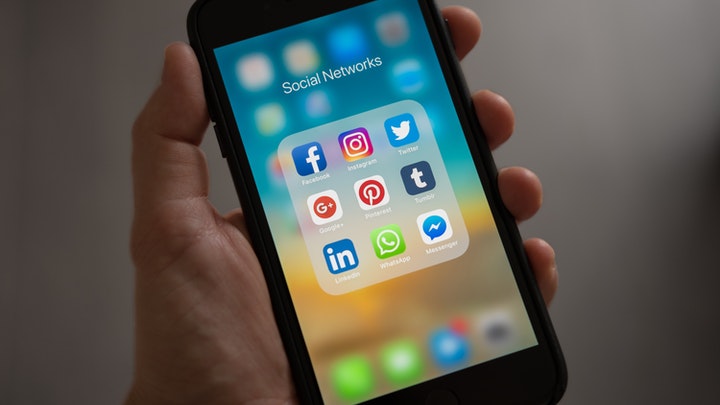Apple Will Enable Us to Restrict Apps' Access to Data
Apple takes our privacy seriously. It will let us choose what we want to share and with whom.

Privacy breaches and scandals have been particularly frequent lately, giants such as Google and TikTok have problems with dissatisfied users, and data security is already being addressed by US and Indian governments. It seems that Apple, which for a long time has been regarded as a company valuing users' privacy (to the extent that it did not grant the FBI access to a blocked iPhone of a terrorist despite requests by President Trump), has stood at the opposite pole. It is therefore not surprising that during WWDC 2020 (the developers' conference organized by Apple) the main point of the program was to announce that everyone will be able to customize the access of various applications to their data in unprecedented way.
The changes will come into effect with the release of iOS 14 (which will probably take place in September on the occasion of presentation of new iPhones). The most important function will be the option to block the ID (user ID) of our device, which will be used by ad providers to personalize the adds. According to data provided by the Mozilla Foundation, more than half of iPhone users did not know at all that such IDs existed and what they were doing. Each newly installed application, when it is first launched, will display a message asking us if we want to allow it to track us while using it, but also when using third-party applications and websites. It seems that with a warning and the ability to decline tracking, most users will take advantage of this option and the advertising industry is already thinking about how this will affect it.
With the rest of new privacy-related features in iOS 14, the company will add extended blocking of access to our location, and Safari will have a dedicated "privacy reporting" button on the websites (next to the address bar) that will show us what data a particular website is collecting and enable us to disable those that don't suit us. The last change will be a permission list that divides the data collected by installed apps into several categories.
We have to admit that this is a refreshing approach to our privacy, because instead of finding out about new gaps in systems that collect our data, we are given extensive control over what we want to communicate and to whom. This step is probably due not only to concern for user information, but also as part of Apple's marketing strategy to attract customers with the quality of hardware, regular updates, and most recently, focus on user privacy. If a company fights for the customer by ensuring the security of their data, rather than promising pies in the sky (and then releasing their data into the world), then in my opinion this is a positive signal and a large group of users will certainly like such an approach. Because after the recent revelations about the ads built into Samsung's smartphones, a lot of people had a facepalm moment. Apple is creating itself as a privacy-conscious company and such actions certainly help in this. Maybe that's what will motivate Google and other giants to change their data management strategy? I certainly hope so.
- How to change your wallpaper in iOS 26. Add the new spatial 3D effect to your photos
- Intel and Apple together again? There are rumors about talks, and Tim Cook „would like to see Intel return”
- A critical security flaw in Unity Engine was discovered after 8 years. It puts players at risk, and now all games need an urgent patch
0

Author: Mikolaj Laszkiewicz
Have been working at gamepressure.com since May 2020. First, he was a newsman in the Technology department, over time he began to get involved in games and journalism, as well as edit and supervise the Technology newsroom. He previously shared his thoughts on video games in, e.g. various thematic groups. A lawyer by education. He plays on everything and in everything, which can sometimes be reflected in his reviews. His favorite console is the Nintendo 3DS, he plays a new FIFA every year and tries to broaden his gaming horizons. Loves broadly understood computer equipment and disassembles everything that falls into his hands.
Latest News
- This is expected to be the biggest year in the company's history. Blizzard prepares an offensive that will overshadow previous years
- Bethesda envied CD Projekt RED? Starfield may undergo a Cyberpunk 2077-style metamorphosis
- Season 2 has just started, and Todd Howard is already writing the script for the third one. Fallout 5 will be changed by the TV show
- 5 games to grab on Amazon Prime Gaming. Among them, a collection of RPG classics
- My experience attending the 2025 Game Awards, and why I loved it

